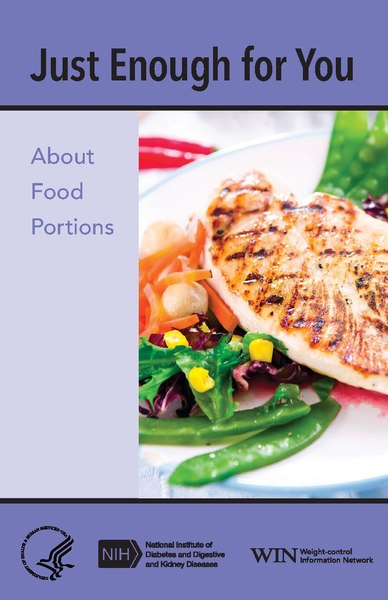March to Madness
— Twenty-sixth Amendment to the United States Constitution
When the United States adopted the Twenty-sixth Amendment in 1971, few people likely thought there might be a movement in the future to set an upper age limit for voting. The Amendment came about because of a movement to lower the voting age from 21 to 18. Young people were being drafted into military service at 18 during the Vietnam War, and yet they couldn’t vote. Many citizens rightly saw a need for that to change, and so they pushed through the Amendment. The language clearly states “or older”, however, making it unlikely we will ever see a law passed limiting the upper age for voting.

Melbourne, Australia was part of the global climate strike on March 15, 2019. Photo by Flickr user John Englart (Takver).
“Shake Sugaree”, a song written and originally performed by Elizabeth Cotten, was performed by Rhiannon Giddens for her 2015 album, Tomorrow Is My Turn.
In any event, trying to take away a cognitively impaired person’s (whether elderly or not) right to vote would open an endlessly convoluted can of worms. A better approach is to encourage younger people to vote and to make voting as uncomplicated as possible for them. Older people as a voting bloc are slightly more conservative than the general population, and while elderly Republican voters don’t have a monopoly on cognitive impairment over elderly Democratic voters, there is an increased likelihood that the older vote will tend to be more irrational, such as ignoring an important issue like climate change while allowing cynical politicians to manipulate their fear of the Other to stir up hatred for brown-skinned immigrants enough to turn immigration into more of a critical political issue than it merits. Younger people, with their relatively more open and liberal views, can counterbalance the votes of their parents and grandparents, but only if they actually vote. It’s their turn in the driver’s seat.
— Vita Historia 


